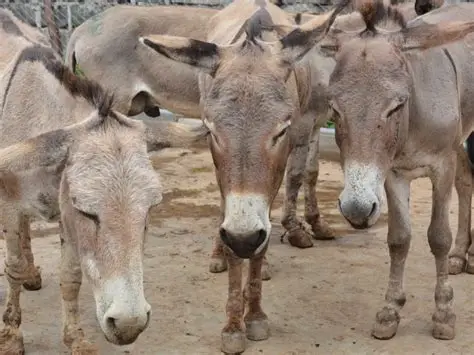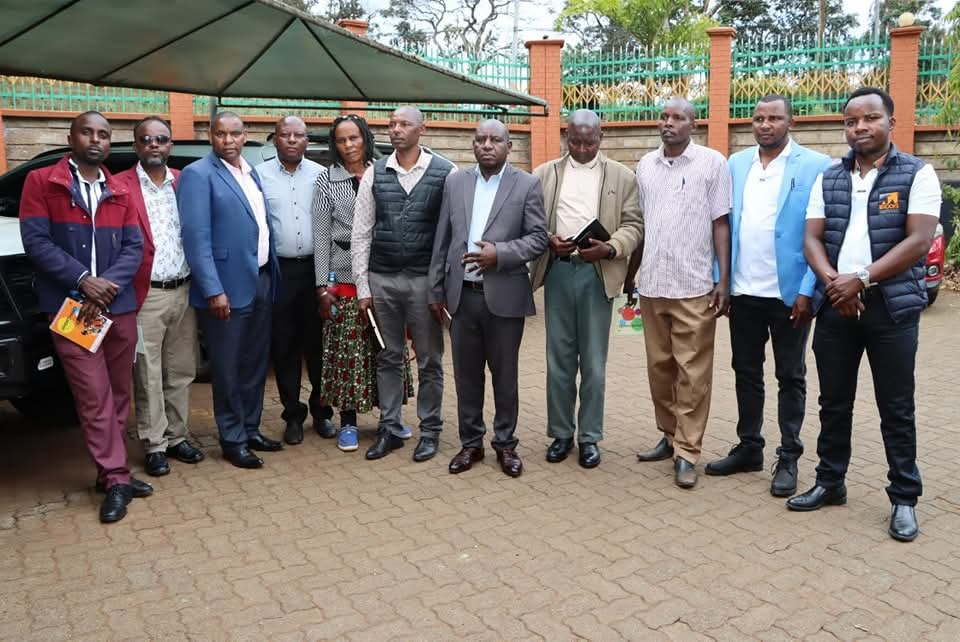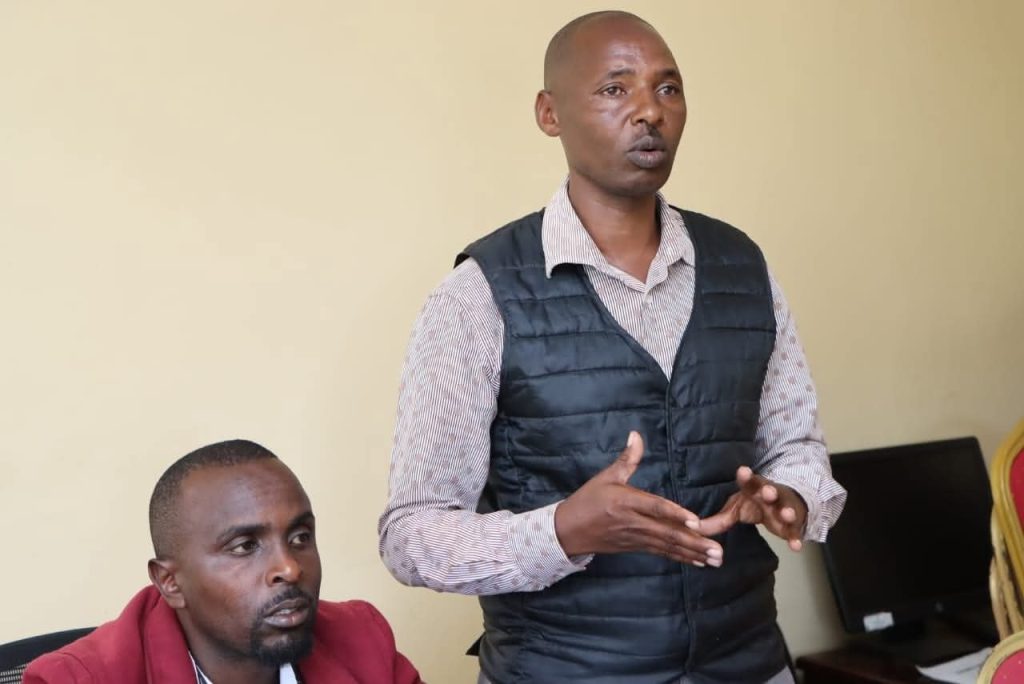Alarm as Donkey Theft and probable Illegal Slaughter in Meru
By Gerald Kibaki

Stakeholders in the donkey industry have raised alarm over a sharp rise in donkey theft and suspected illegal slaughter in Meru County, warning that the trend poses growing risks to both public health and animal welfare.
The Donkey Association of Kenya has recorded a significant increase in theft cases over the past three months. Association chairperson Robert Maitethia said the stolen animals are believed to be secretly butchered and their meat sold in local markets without veterinary inspection.
“It is alarming that for the past three months, many donkey owners have been forced to file police reports due to theft,” Maitethia said.
“Our investigations show that donkeys are being stolen from Tigania West, Tigania East, Buuri, and Igembe, then ferried in lorries to Athi River, Kithioko, Turkana, and Barma in Nairobi for slaughter. We urge Kenyans to be wary of these cartels trading in uninspected bush meat,” he added.

Stakeholders in the donkey welfare and Agriculture and Fisheries officers after a consultative meeting on curbing increasing donkey theft and bush slaughter
Maitethia spoke during a consultative meeting organized by the Department of Agriculture, Livestock, and Fisheries, which brought together Sub-County Donkey Welfare Officers from across Meru. The meeting resolved that urgent measures are needed to curb the illegal trade and safeguard both animal welfare and human health.
Among the proposals discussed was the introduction of tracking devices to monitor the movement of donkeys, improve accountability, and reduce theft.
Jasper Muthomi, representing Agriculture CECM Janaro Gatangugi, emphasized the need for a county policy on donkey welfare to regulate transport, breeding, and the donkey skin trade. He said the department will continue collaborating with law enforcement, stakeholders, and local communities to protect the animals, which remain vital to rural livelihoods.
Meru County Veterinary Services Deputy Director, Dr. Missi Mutungi, confirmed reports of donkeys being trafficked across borders from Ethiopia, Wajir, and other regions. He warned that the county will not tolerate any practices that endanger public health.
“We are sending a stern warning to cartels transporting and slaughtering donkeys for meat. There will be no movement of donkeys without proper registration and valid permits,” Mutungi said.
Deputy County Commissioner James Mbutu called for collaboration among government departments to develop policies targeting illegal bush slaughter and unregulated transportation of donkeys.

Robert Maitethia, the chairman donkey association of Kenya raise a point during the consultative meeting
Officials at the meeting also reminded stakeholders that all inter-county donkey movements must follow legal requirements including valid movement permits, no-objection letters from destination counties, and full documentation outlining the number of animals and purpose of transport.
Dr. Kibet Yegon of Brooke East Africa reiterated that the donkey trade remains banned in Kenya and across several African countries. He warned that continued illegal slaughter is depleting the donkey population at an alarming rate.
“The ongoing illegal trade threatens to wipe out donkeys, which are a lifeline for many rural households,” Dr. Yegon cautioned.

